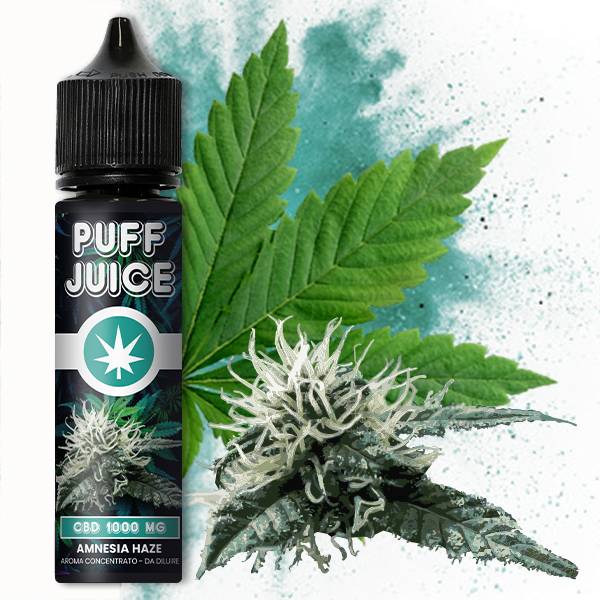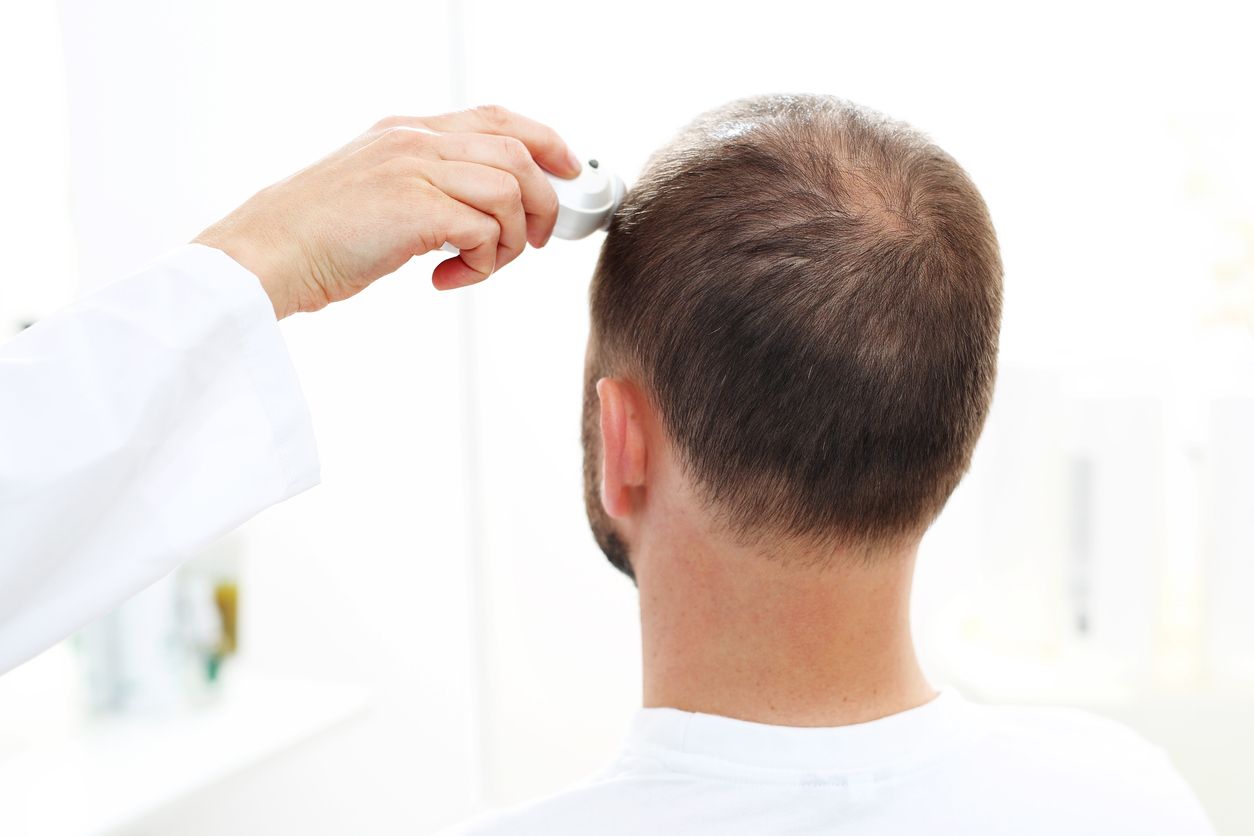
Full-spectrum CBD is a well-known type of cannabis oil. It contains all of the naturally-occurring cannabinoids, and it has a rich flavor. It also contains less THC compared to a broad spectrum product. It is important to note that full-spectrum CBD products contain THC.
All natural-occurring cannabinoids included
Full-spectrum CBD refers to a product that contains all naturally-occurring CBD, terpenes, flavonoids, and cannabidiol. It offers the greatest health benefits, and it is suitable for those who wish to enjoy the full range of CBD benefits without the psychoactive effects. The difference between full-spectrum and broad-spectrum CBD lies in the composition of the hemp plant. Cannabidiol, one of the many cannabinoids found within cannabis, is just one example. Each cannabinoid is different and each one seems to be complementary.
Full-spectrum CBD contains all naturally occurring cannabinols and terpenes. It is the only CBD product on the market. It contains less than 0.3% THC and is legal for medical use. The only difference between full-spectrum CBD products and broad-spectrum CBD products is the amount of THC. Broad-spectrum CBD products usually contain 0.3% or less THC, while full spectrum CBD products contain all naturally-occurring terpenes and cannabidiol.
It has a lower concentration of THC than broad spectrum.
Full-spectrum CBD usually has more CBD and less THC than broad spectrum CBD. It comes from hemp, which is naturally low in THC. THC is allowed in hemp plants up to 0.3 percent. Because of this, most full-spectrum CBD products contain THC levels below the legal limit. People may worry about failing to pass a drug test. If you are worried about this, broad spectrum CBD isolate is the best choice.

But full-spectrum hemp CBD is stronger than broad-spectrum. Both CBD and THC are present, but full-spectrum is more potent. Full-spectrum CBD is preferred by those who are concerned about the THC levels. Full-spectrum CBD might increase the chances that you will get a positive test for marijuana, so make sure to understand how much you can take.
FAQ
How big is the global CBD industry?
According to Euromonitor International, the global CBD market was worth $US 3.5 Billion in 2015. This is a more than 10% increase over 2014.
The report predicts that this figure will grow by 12% annually to $US6.4 billion in 2020.
By 2020, CBD products will account for approximately half of all global hemp-derived products.
This includes CBD oils and other CBD products like food, beverages, cosmetics and pet care items.
What are the best uses for CBD?
The best use for CBD is as an alternative treatment for anxiety. It can also be used to treat pain and inflammation, depression, epilepsy, epilepsy, pain, and other conditions.
CBD can be taken in many ways. CBD is available in many forms.
There are many benefits to consuming CBD. It has been shown in studies to alleviate chronic pain, PTSD, anxiety, among other things.
Is CBD a viable option?
The answer is yes. However, it is not because of its medical benefits. Its ability to make people feel better without feeling high is what makes it so attractive.
It's a good alternative to prescription drug because you won't feel any different from when you take it.
And as we know from studies, there is a lot of evidence showing that cannabis helps with pain relief, anxiety, depression, insomnia, and many other conditions.
Cannabinoids, also found in cannabis are thought to interact with our brain receptors. This interaction results in feelings of relaxation as well as well-being.
You should understand the effects of CBD oil on your body and health if you are considering using it.
What are some common mistakes that companies make when they enter the US cannabinoid market?
Not understanding the regulations for cannabis products is a first mistake. This could cause you to have to modify the formulation of your product.
A second error is not properly labeling your product. It is important to determine if your product contains CBD or THC.
The third thing you need to do is understand how to package your product properly. If your product contains THC, you need to ensure it is packed in child-resistant containers.
If your product does NOT contain THC you should still adhere to all packaging laws. There is a lot of states where cannabidiol, or CBD (CBD), is legal.
Finally, you should always keep track of any recalls on your products. It is crucial to notify customers as soon possible if you have a problem with your product.
Is CBD a good idea to invest in?
The demand for hemp-based goods continues to rise as more people realize their benefits. According to some estimates, there will be 1 billion dollars worth of hemp-based products in stores by 2022.
Market growth is expected at an annual rate in excess of 20% up to 2020, when it will reach $2.5Billion.
Hemp oil is already used in many beauty and health care products such as lotions, shampoos, lip balms, moisturizers, body butter, and skin creams.
Many companies also make CBD-infused snacks, pet food, treats, and other food products.
CBD is legal in all 50 states. However, this could change very soon. As more research is conducted into the potential uses of CBD, more laws will likely be passed, making it easier for businesses to operate legally.
With all these factors in mind it is clear that CBD investing can prove to be a lucrative venture.
How can CBD products be successfully promoted by companies in a regulatory-compliant way?
The FDA does not regulate hemp for its agricultural commodities. The Controlled Substances Act governs all other cannabis derivatives, such as marijuana. CBD is not covered by any regulations.
CBD is legal at the state level in 29 states, but federal law still considers it illegal. Businesses looking to sell CBD products are left in uncertainty.
The FDA has specific guidelines on how CBD products must be marketed. They must disclose the THC content of any CBD products. Companies cannot claim CBD is effective in treating certain medical conditions without supporting evidence.
Additional information is required by the FDA regarding manufacturers' manufacturing practices, quality control measures, and other details. They require companies to carry out clinical trials to prove safety or efficacy.
When developing their own marketing strategies, companies should take into account these points.
How much CBD do I need?
It all depends on the product you're purchasing.
CBD oils can be purchased in strengths of 100mg up to 1,000mg per bottle.
Some CBD products can be made in specific amounts by certain companies, such as 25mg or 50mg.
Charlotte's Web, for example, makes CBD products that contain precise amounts of CBD.
Start with a low dosage if you are unsure if CBD is right for you.
You can always go higher later.
Statistics
- HR −16 mmHg; 95% CI −26, −6; I2 = 92%) (ncbi.nlm.nih.gov)
- A recent study [161] also found that in vitro CBD treatment (i.e., ≤ 2 h exposure to 10 μM) induced ~40% vasorelaxation in isolated (pre-constricted) (ncbi.nlm.nih.gov)
- OralWhere HED is the human equivalent dose, and Km is a correction factor estimated by dividing the average body mass (BM) of the species (60, 0.020, and 0.150 kg for 11 humans, mice, and rats, respectively) and by its surface area (see: Nair et al. (ncbi.nlm.nih.gov)
- A recent systematic review of human trials also reported that individuals with epilepsy receiving CBD (5–20 mg·kg−1·day−1) were more likely to experience decreased appetite than those receiving placebo (i.e., ~20 vs. 5% of patients) (ncbi.nlm.nih.gov)
- As a substance that was federally illegal before the passage of the 2018 Farm Bill, hemp-derived cannabinoids with no more than 0.3% THC still face a regulatory grey area. (forbes.com)
External Links
How To
How to Get Certified for Selling CBD Products
CBD (cannabidiol), one of the many cannabinoids found inside cannabis plants, is one. It has been used medicinally throughout history. This includes in South America, China, India and China. Due to its ability treat conditions like anxiety and pain, epilepsy, inflammation, and other ailments, it has become increasingly popular. But if you want to start selling CBD products, there's no official certification program available yet -- at least not in the U.S. That means anyone who wants to make money off their own line of CBD products has to rely on the "unofficial" process of self-certification.
You have two options. The first option is to join a canna business association. You can get support and advice from other members while learning from them. There are many organizations in the United States. Another option is to go online. Many states allow canna businesses to operate online. If this is the case, then you can establish your own website immediately and start accepting orders. But, you still need to register with your state's Department of Public Health. Once you've registered, you'll be able to apply for a license through your state's department of public health. Once you receive your license, you're officially allowed to open your store and begin accepting orders.